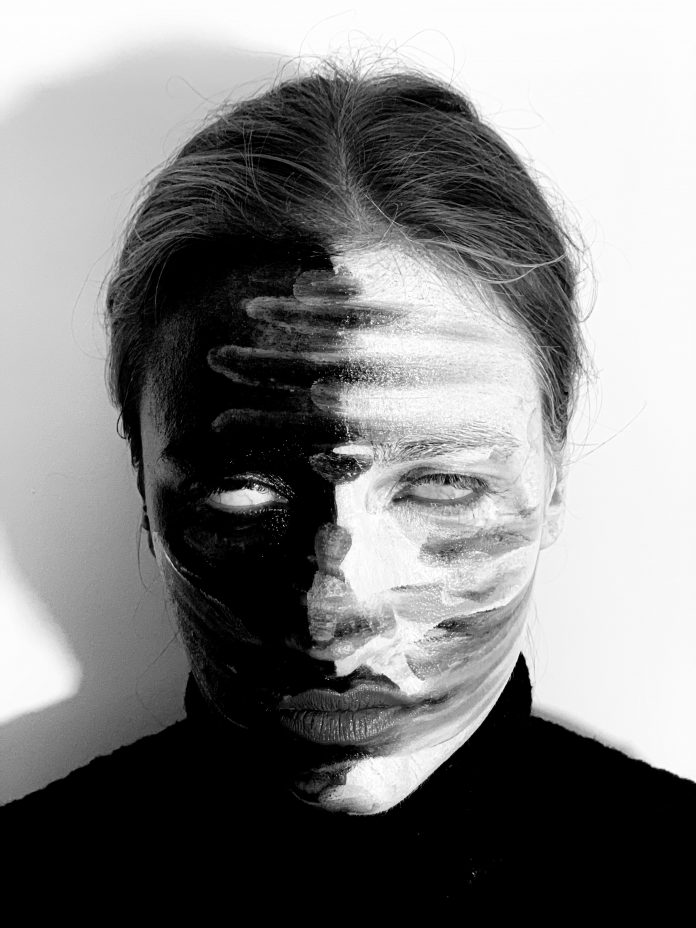This Bipolar Definition of bipolar disorder will help you understand what you are dealing with.
Bipolar symptoms can be shared with other medical conditions so it is important to seek professional help. Always remember that bipolar disorder can be treated and you can manage to live a productive life.


Bipolar Definition
Bipolar Disorder is a mood disorder sometimes called manic-depressive illness or manic-depression that characteristically involves periods of depression alternating with elation or mania. Sometimes the mood swings can be sudden and extreme, but more often they are gradual and slow, and intervals of normal mood may occur between the high (manic) and low (depressive) phases. The symptoms of both the depressive and manic cycles may be severe and often make it difficult to function normally. Without treatment, a person with bipolar disorder may experience intense episodes of depression. During a manic phase, patients tend to feel euphoric and may believe they can accomplish anything. This can result in poor judgment, inflated self-esteem, high sex drive, confusion, insomnia, and a sense of racing thoughts. The length of each high and low varies greatly from person to person. In any given year, bipolar disorder affects more than 2% of American adults.Types of Bipolar
People with bipolar I disorder have episodes of sustained mania and often have depressive episodes. People with bipolar II have major depressive episodes with less severe mania. People with mixed bipolar disorder experience depression and mania at the same time. This leads to unpredictable behavior, such as crying while doing a favorite activity. It’s most common in people who develop bipolar disorder at a young age, particularly during adolescence.Causes Of Bipolar
It is not exactly clear what causes bipolar disorder. One theory is that brain chemicals fluctuate abnormally. When levels of certain chemicals become too high, the patient develops mania. When levels drop too low, depression may result. Medications are central in helping people with bipolar disorder live stable and productive lives. If you recognise aspects of this bipolar definition you may ask… How To Help Bipolar Disorder- Talk therapy can help patients stay on medication and cope with bipolar symptoms impact on their work and family life.
- Cognitive behavioral therapy focuses on changing thoughts and behaviors that accompany mood swings.
- Interpersonal therapy can ease the strain bipolar disorder may place on personal relationships. Learn more about cognitive therapy techniques
Living Mindfully: A Path to Wholeness
by Deanna Reynolds
Mindful living is all about making conscious choices. Through a five-step process presented in this course, you will be empowered to consciously co-create new realities…. realities with a more positive, creative, and hopeful outlook and outcome. Learn more here.

